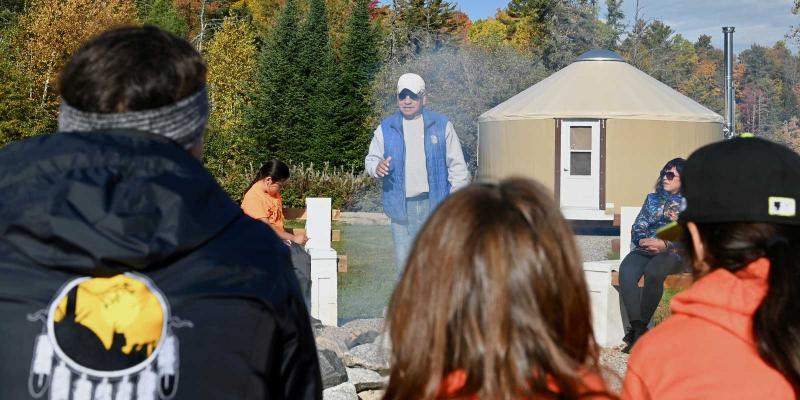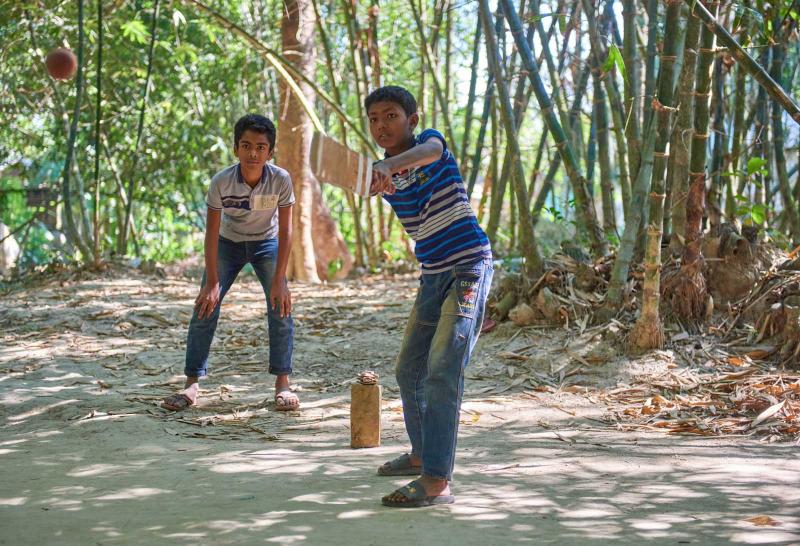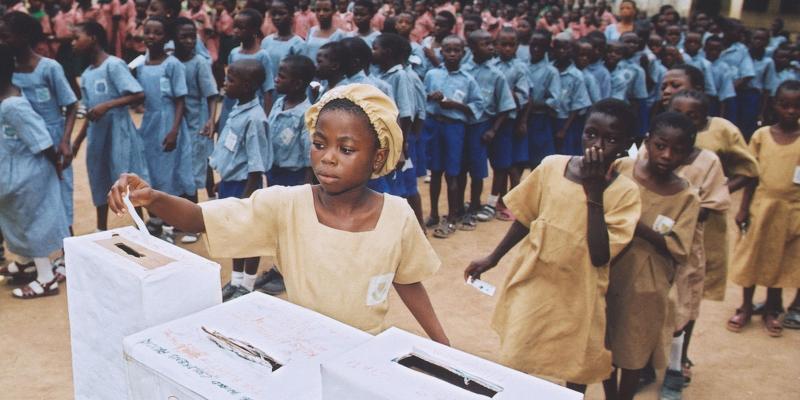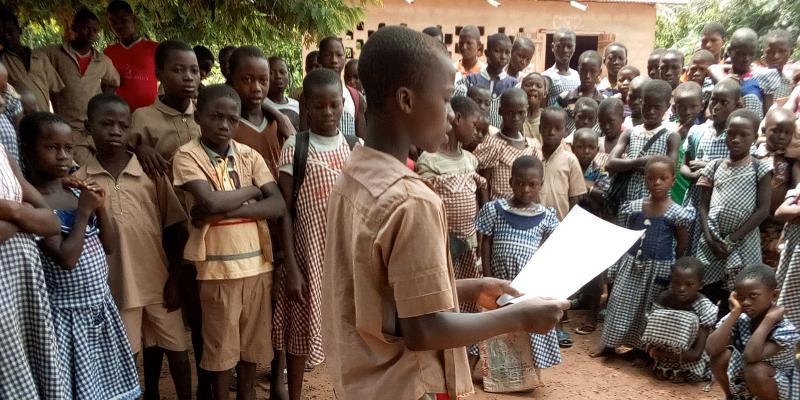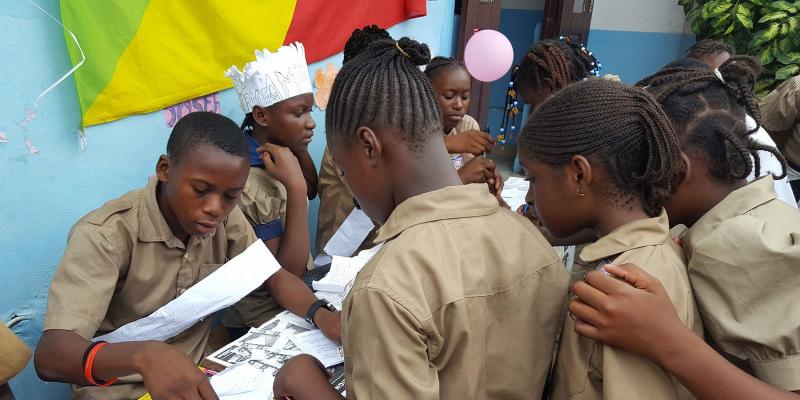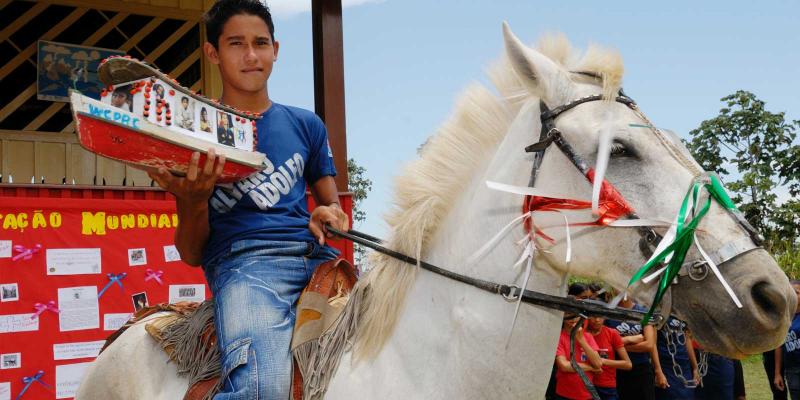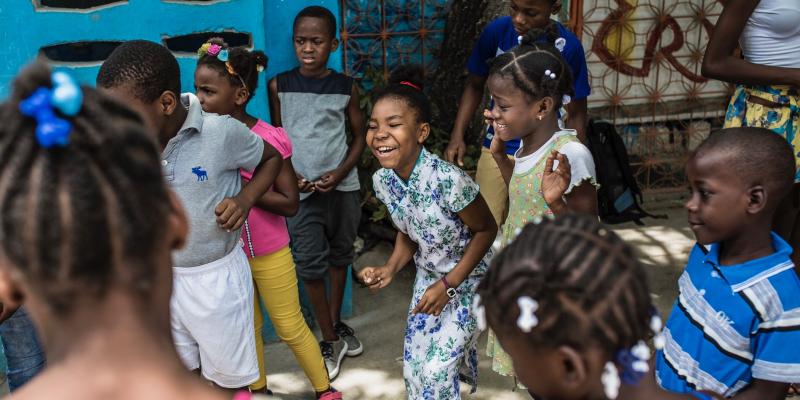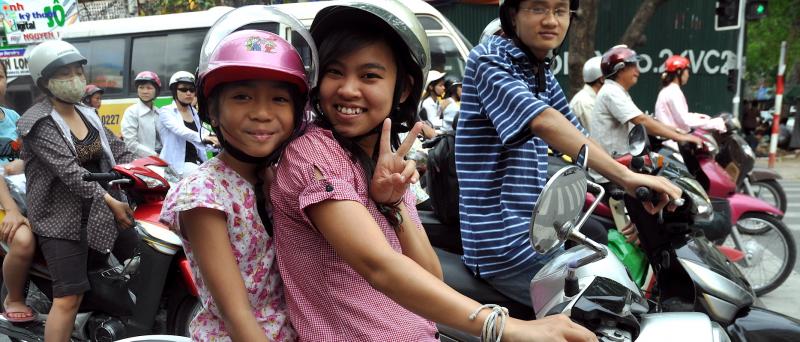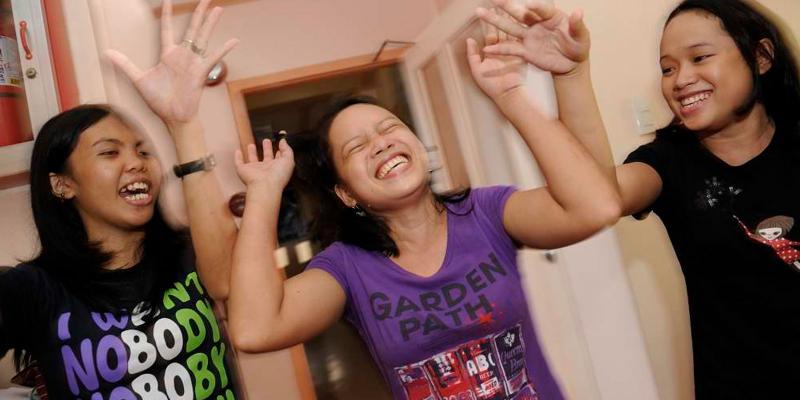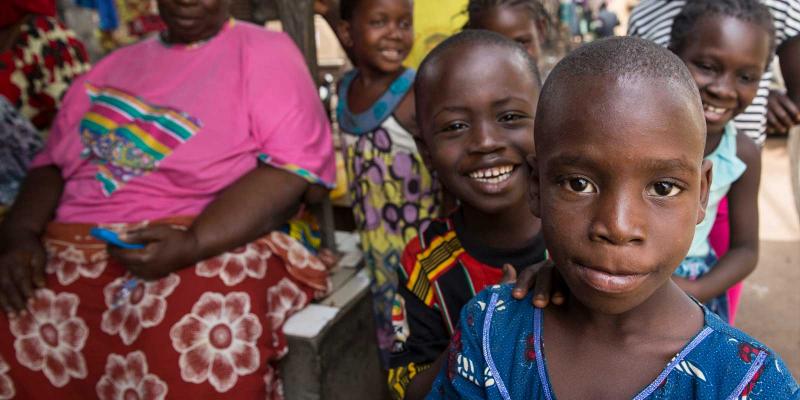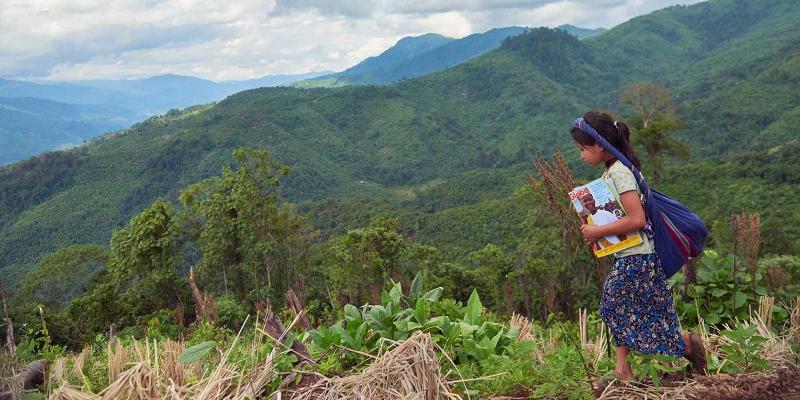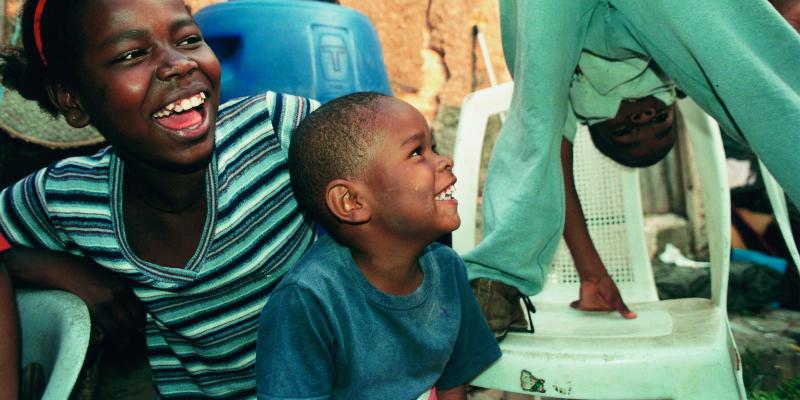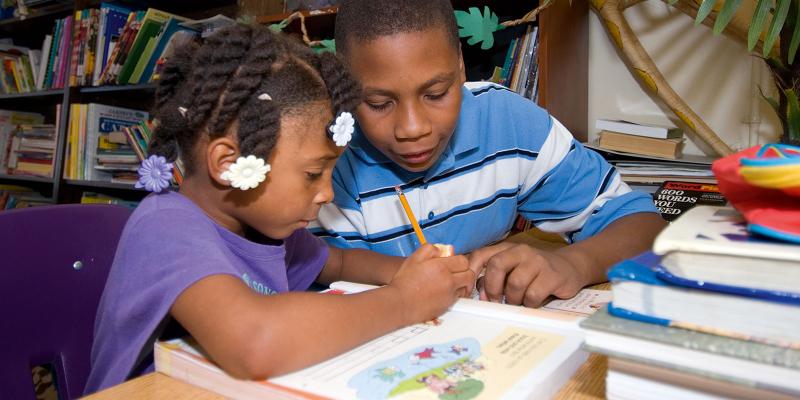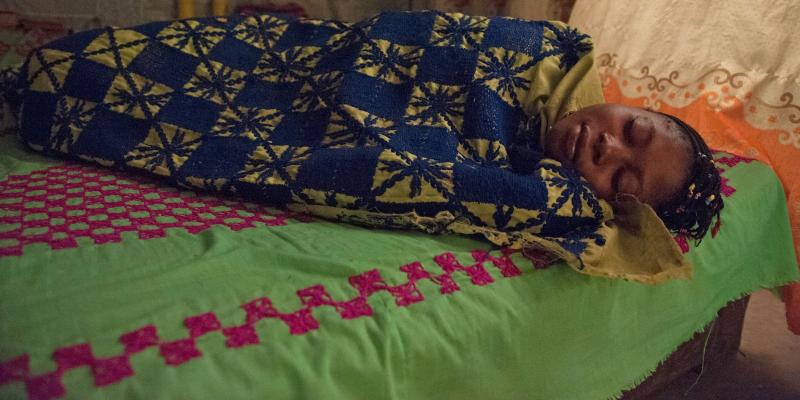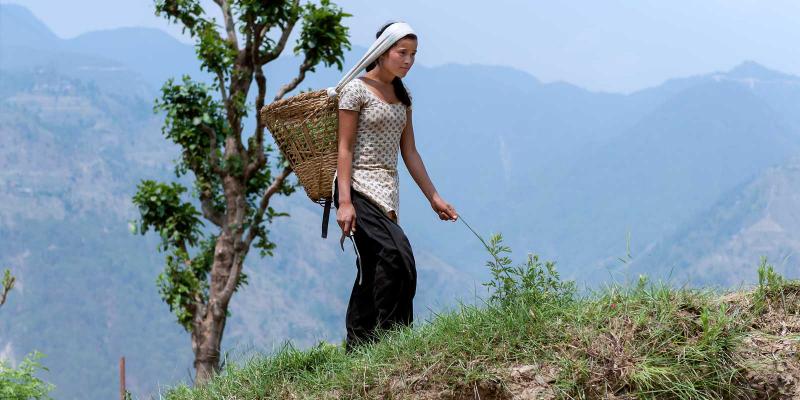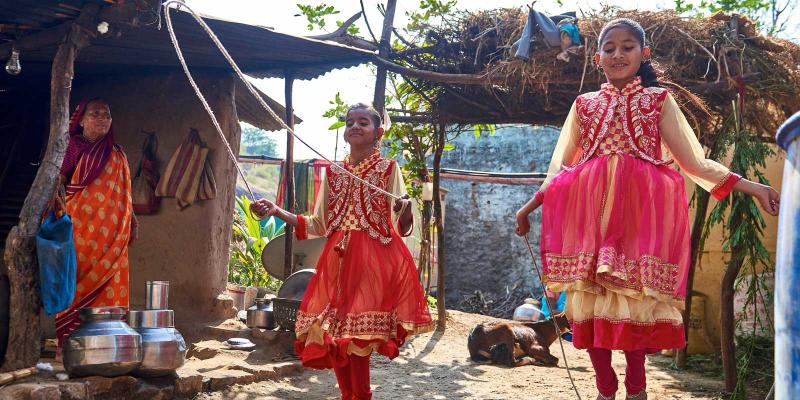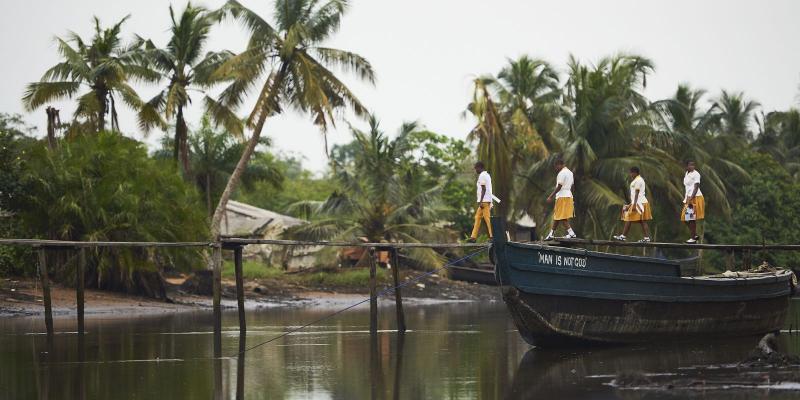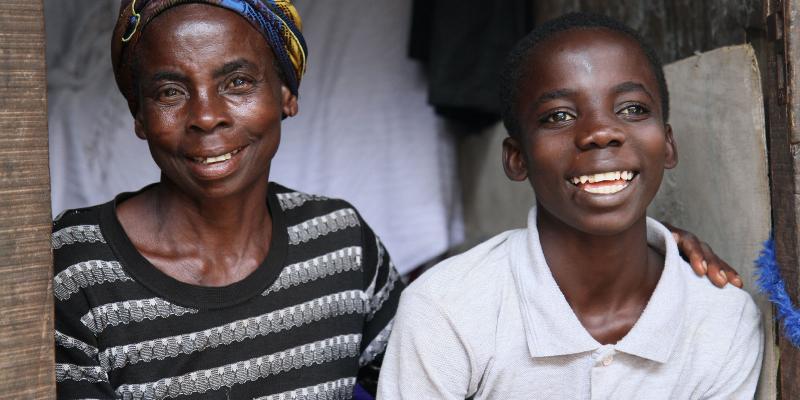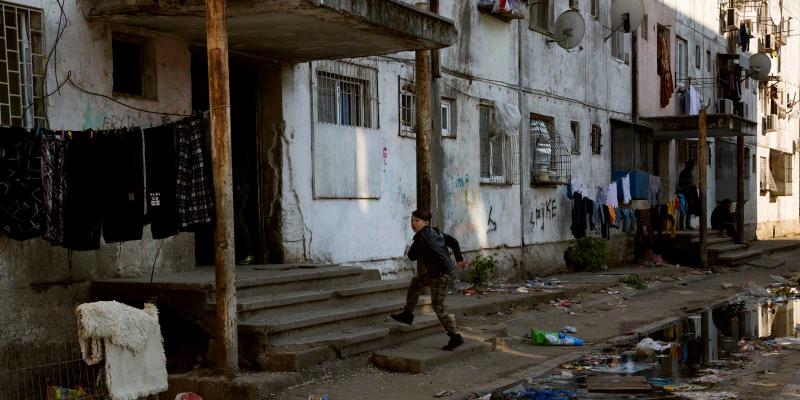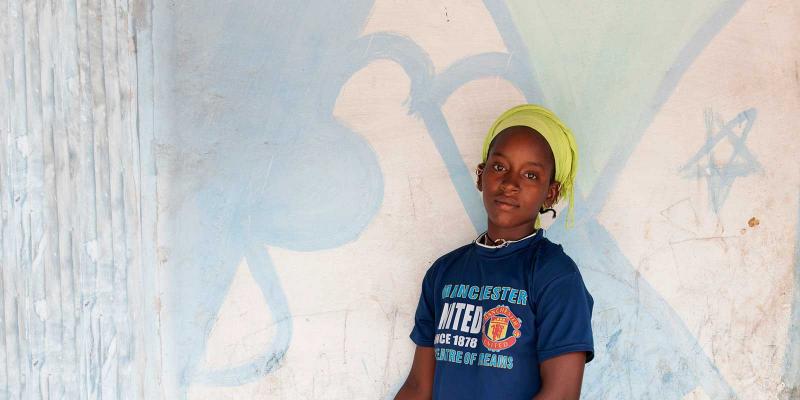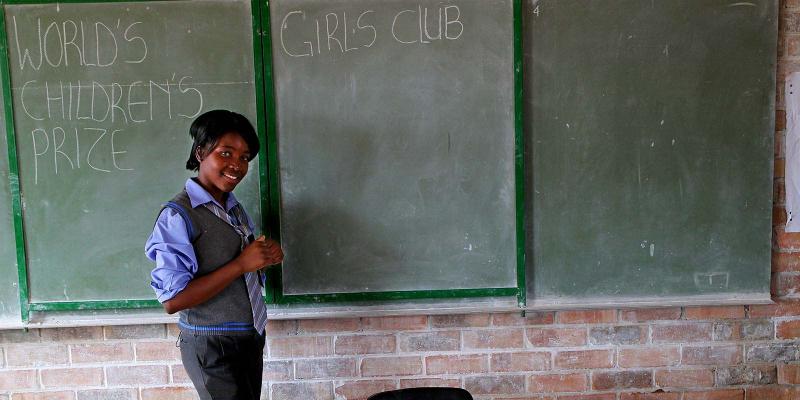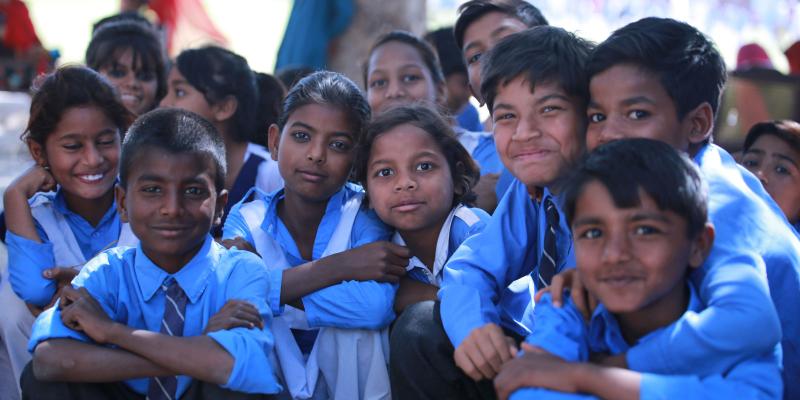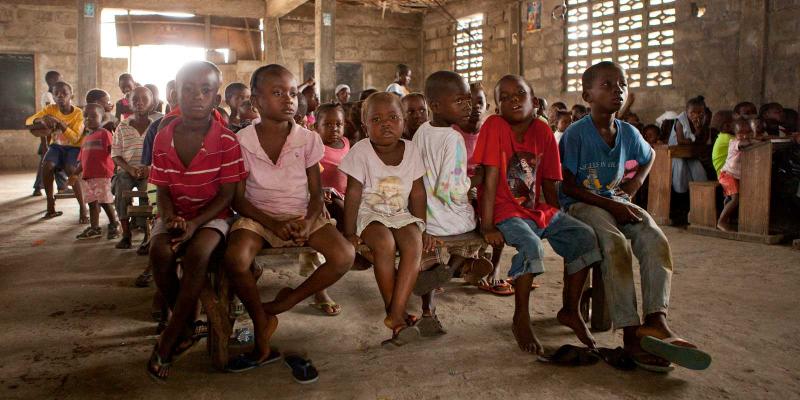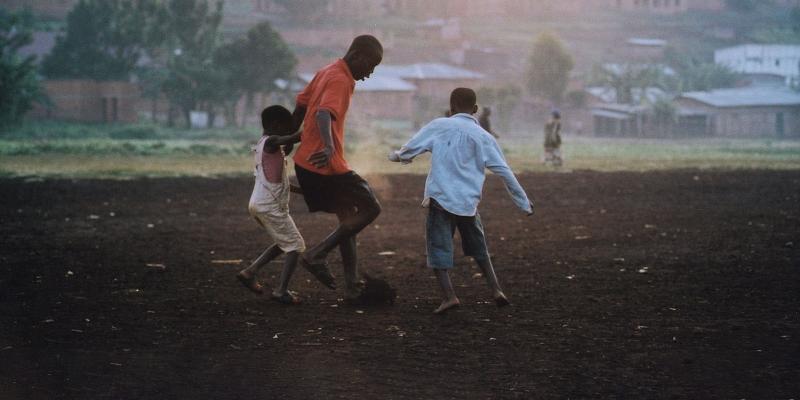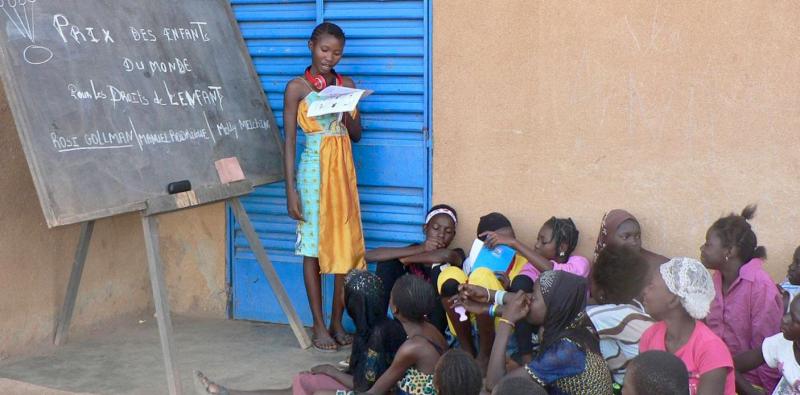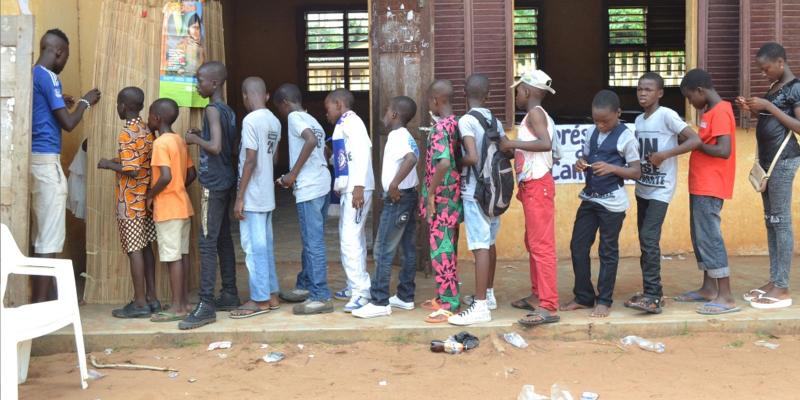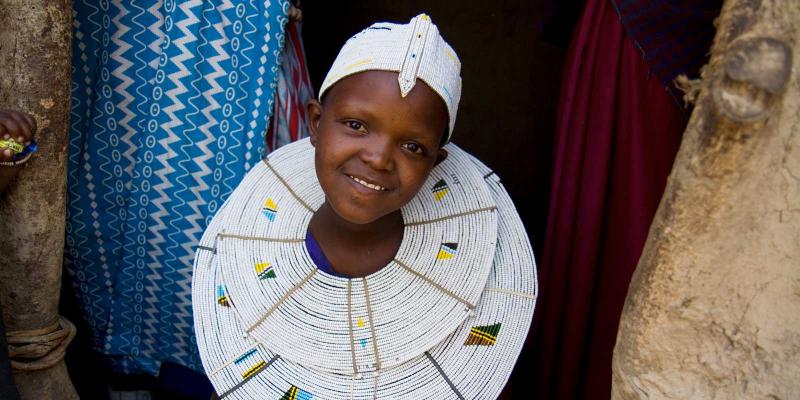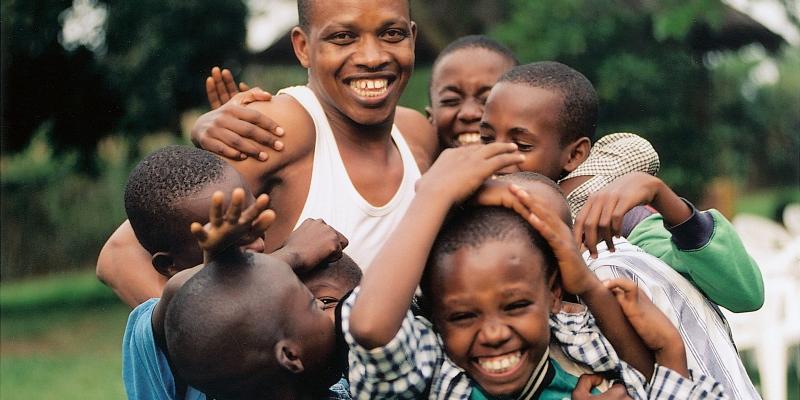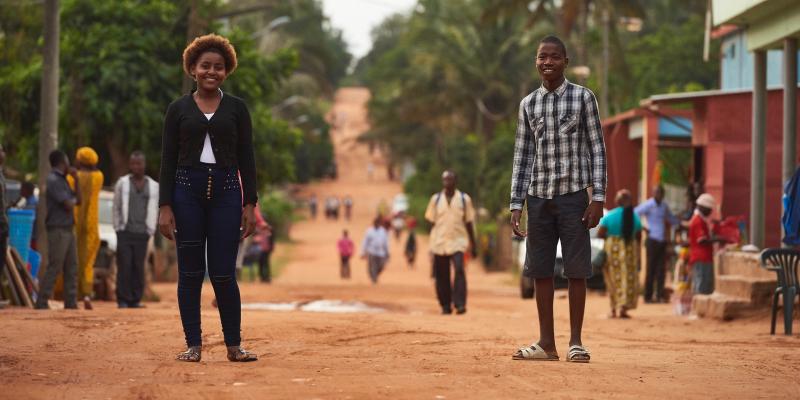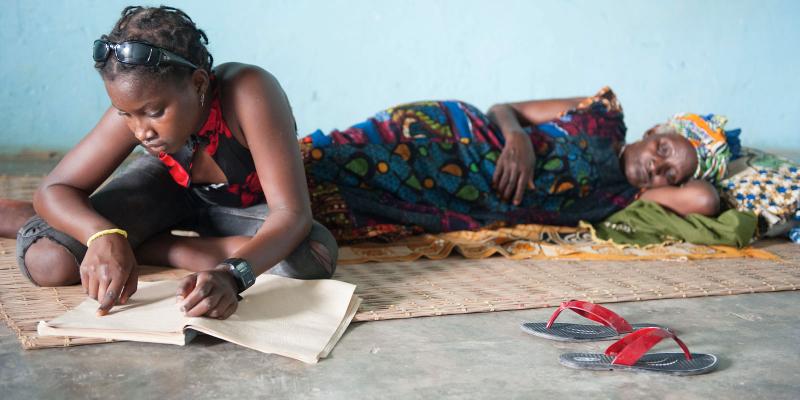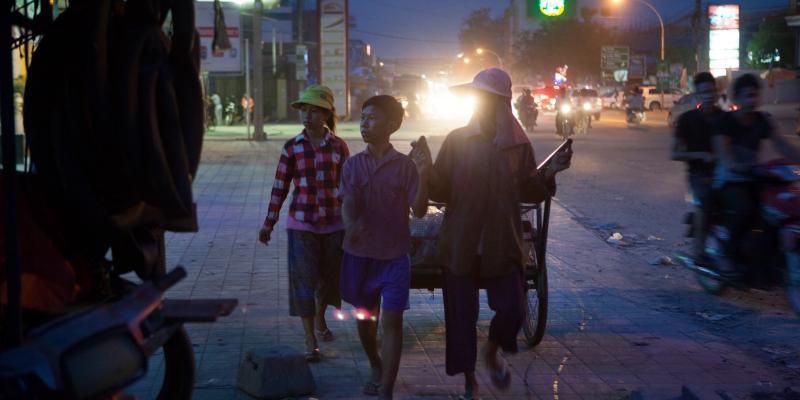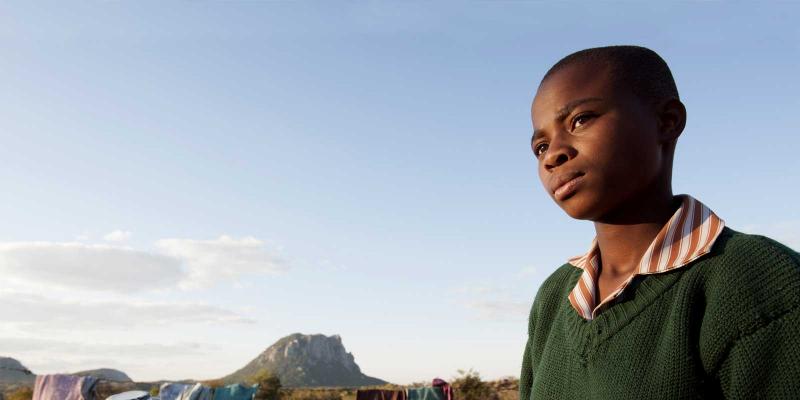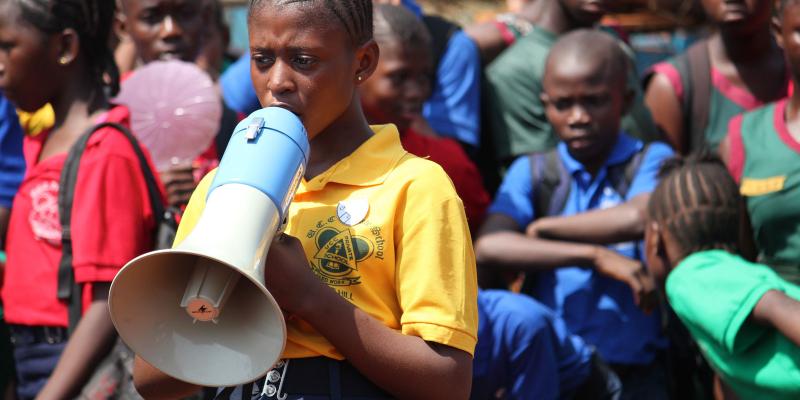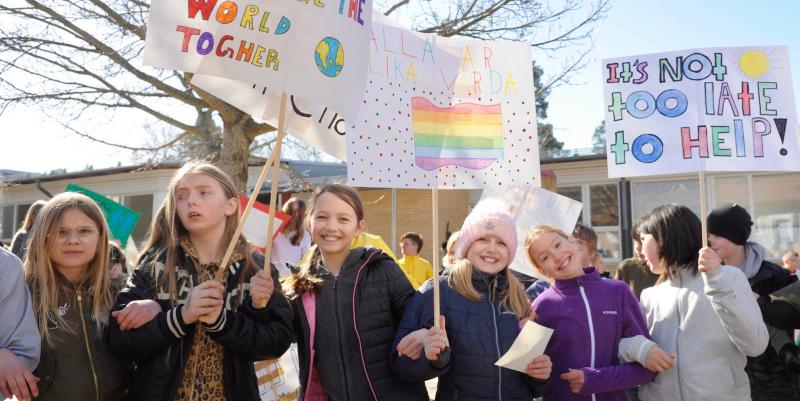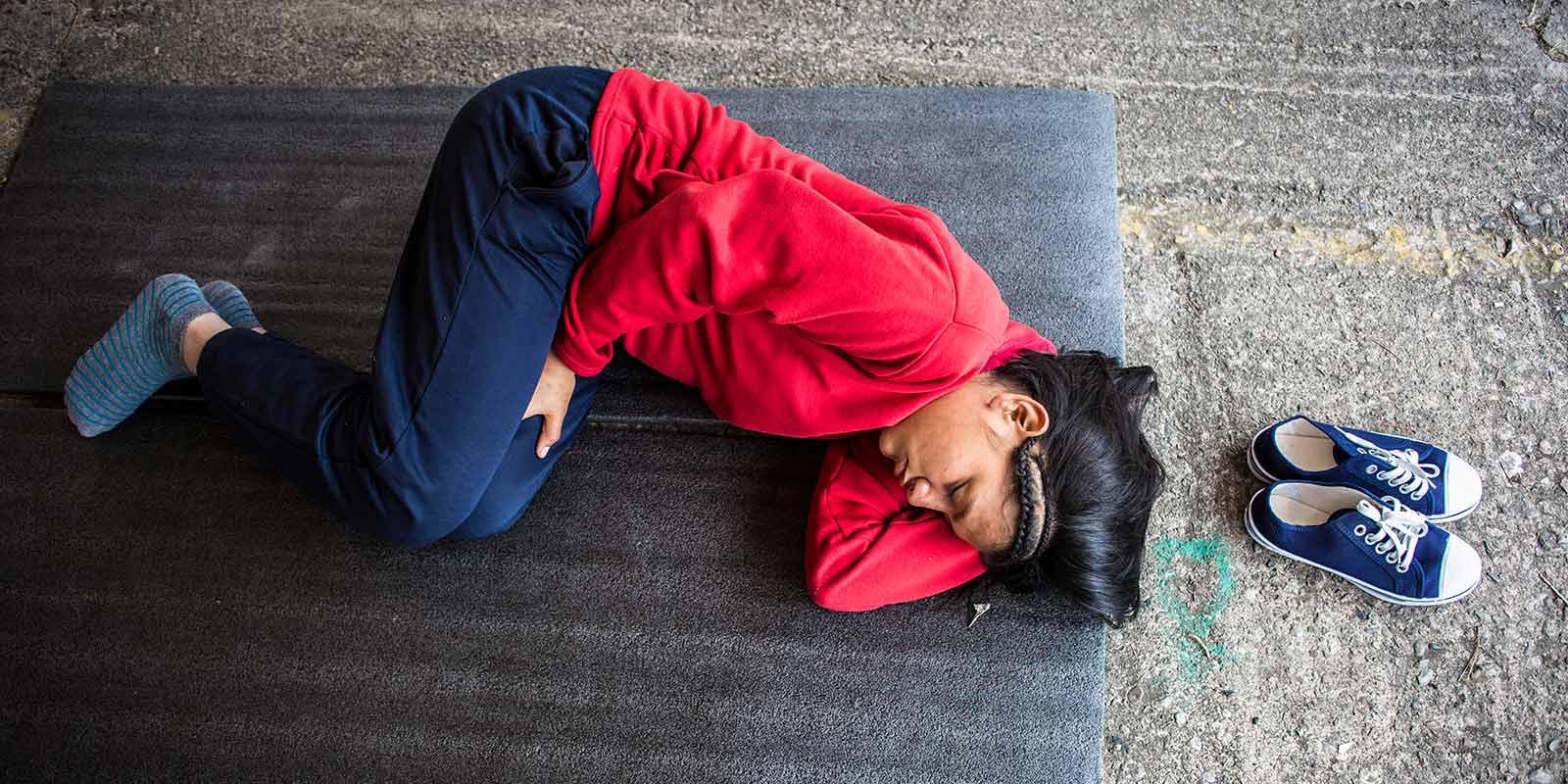
How are Colombia’s children?
Colombia has ratified (pledged to follow) the UN Convention on the Rights of the Child. This means that Colombia must respect the rights of the child and listen to what children have to say. Are the rights of the child respected in Colombia?
13,8 million children
50.9 million people live in Colombia. 13.8 million are children, and 3.7 million of the children are under five years old.Name and nationality
From the day you are born you have the right to have a name and to be registered as a citizen in your country. 727,000 children are born every year in Colombia. Almost all of them are registered, but some are not. There is no documented proof that they exist, which could make it difficult for them to get health care and education.Survive and grow
You have the right to life. Colombia must do all it can to allow children to survive and develop. In Colombia 1 out of 77 children (9,620 every year) dies before the age of 5, usually due to causes that could have been prevented.Health and well-being
You have the right to clean water, nourishment, healthcare and to privacy when consulting an adult about any health issue. Almost 10 out of 10 children in Colombia have access to drinking water, and 9 out of 10 have access to sanitation facilities.
Life at home
You have the right to a decent living standard, a good home, food, clothing, and security. Nearly 4 out of 10 children in Colombia live in poverty. That does not just mean their family has little money. To live in poverty can mean that a child lacks all or any basic needs such as shelter, education, nutrition, water or health services. .Education
You have the right to go to school. Primary and secondary schools should be free for everyone. More than 9 out of 10 children in Colombia go to school. However, many of them leave school early, especially girls.Protection against violence
You have the right to protection against all forms of violence, including neglect, maltreatment and abuse. Many children in Colombia are victims of violence both at home and in school. Girls are especially vulnerable to domestic violence. In Colombia, circa 2 out of 10 teenage girls have experienced physical, sexual or psychological violence by a current or former partner. Some children are also exposed to false information, hate crimes and sexual abuse on the Internet. Only 63 countries have forbidden all forms of corporal punishment for children. Colombia banned corporal punishment in 2021.Hazardous child labour
Almost 1 out of 10 children aged 5-17 in Colombia have to work. You have the right to be protected against both economic exploitation and work that is hazardous to your health or which prevents you from going to school. All work is prohibited for children under 12. Some children are forced into the worst forms of child labour, such as being debt slaves, child soldiers or used for commercial sexual exploitation.Your voice must be heard
You have the right to say what you think about any issue that affects you. The adults should listen to the child’s opinion before they make decisions, which must always be made in the best interest of the child! Today, many children make their voices heard online but far from everyone. The digital divide is shrinking faster than before but still, less than 1 out of 10 children and young people in low-income countries have internet access compared to circa 9 out of 10 in high-income countries. In Colombia circa 4 out of 10 school-age children have access to the Internet overall, but only 5 out of 100 in rural areas.Related stories
WORLD'S CHILDRENS PRIZE FOUNDATION
Långgatan 13, 647 30, Mariefred, Sweden
Phone: +46-159-129 00 • info@worldschildrensprize.org
© 2020 World’s Children’s Prize Foundation. All rights reserved. WORLD'S CHILDREN'S PRIZE®, the Foundation's logo, WORLD'S CHILDREN'S PRIZE FOR THE RIGHTS OF THE CHILD®, WORLD'S CHILDREN'S PARLIAMENT®, WORLD'S CHILDREN'S OMBUDSMAN®, WORLD'S CHILDREN'S PRESS CONFERENCE® and YOU ME EQUAL RIGHTS are service marks of the Foundation.


x
x
x

